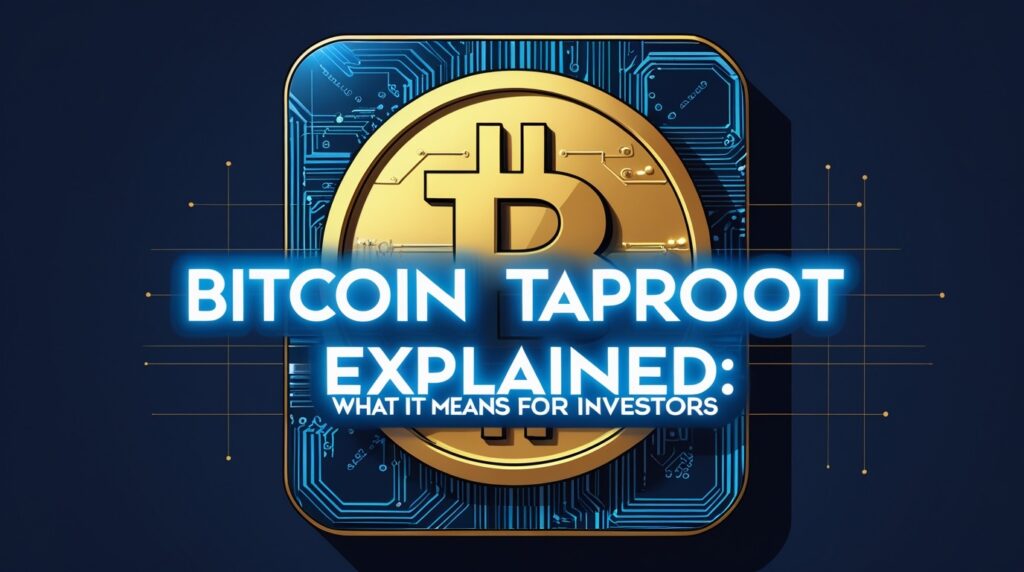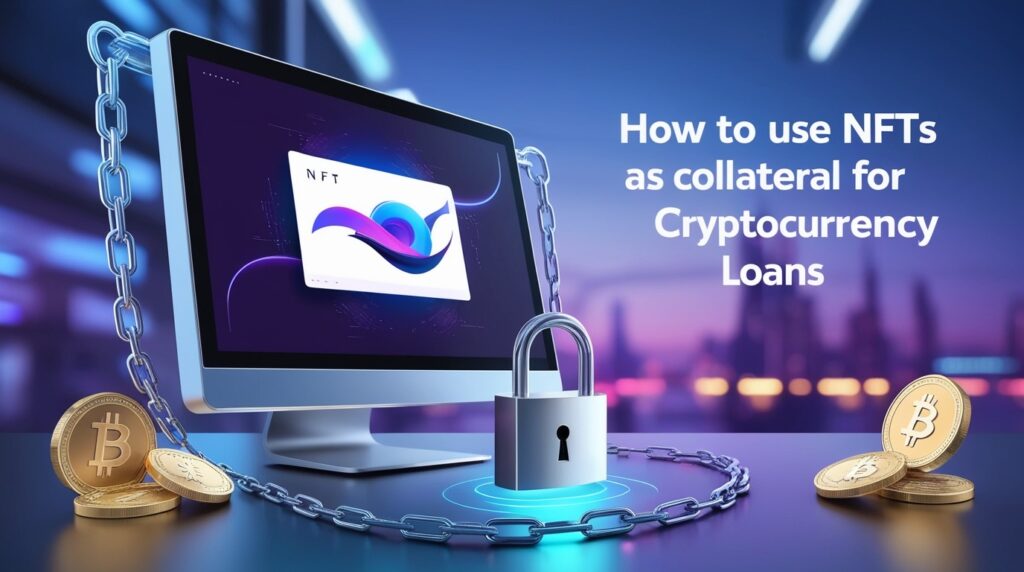Unlike traditional investments in stocks, bonds, or real estate, blockchain investments introduce unique complexities and risks. Factors like technological volatility, regulatory uncertainties, and the evolving landscape require investors to adopt informed strategies. This guide delves into the essentials of blockchain investment, helping beginners navigate the complexities of this promising yet intricate domain.
Understanding Blockchain Technology
What is Blockchain?
Blockchain is a decentralized digital ledger that records transactions across multiple computers in a secure and immutable way. At its core, blockchain eliminates the need for intermediaries by ensuring trust through consensus mechanisms. This technology underpins various applications, from cryptocurrencies to smart contracts.
Key Components of Blockchain
- Decentralization: Unlike traditional systems, blockchain operates on a distributed network, enhancing security and reducing the risk of single points of failure.
- Immutability: Once data is recorded on a blockchain, it cannot be altered, ensuring transparency and trust.
- Transparency: Transactions on public blockchains are accessible to all participants, fostering accountability.
Why Blockchain is a Valuable Investment
Blockchain technology offers unparalleled growth potential due to its wide-ranging applications. Beyond cryptocurrencies, industries like supply chain management, healthcare, and finance leverage blockchain for increased efficiency and security.
As an emerging technology, blockchain is at the forefront of innovation, offering investors an opportunity to participate in its growth trajectory. Early adopters who understand its transformative capabilities stand to benefit significantly as the technology matures.
Types of Blockchain Investments
Cryptocurrencies
Cryptocurrencies are the most recognizable blockchain-based investments. Assets like Bitcoin and Ethereum dominate the market, each with unique use cases and value propositions. Bitcoin is primarily a store of value, while Ethereum’s smart contract capabilities drive decentralized applications (dApps).
However, cryptocurrency investments come with substantial risks, including price volatility and market manipulation. Beginners should thoroughly research and only invest what they can afford to lose.
Blockchain Startups and Companies
Another approach is investing in startups and established companies developing blockchain solutions. Startups often focus on innovative applications, while public companies like IBM and Nvidia integrate blockchain into their operations. These investments provide exposure to blockchain without directly dealing with cryptocurrencies.
Exchange-Traded Funds (ETFs)
Blockchain ETFs allow investors to gain exposure to a diversified portfolio of blockchain-focused companies. These funds reduce individual stock-picking risks and offer a more stable entry point into blockchain investments.
Non-Fungible Tokens (NFTs)
NFTs represent ownership of unique digital assets, from artwork to virtual real estate. As a burgeoning sector, NFTs attract artists, gamers, and investors alike. While the potential for high returns exists, the market’s speculative nature necessitates caution.
Smart Contracts and Decentralized Finance (DeFi)
Smart contracts automate transactions based on predefined conditions, driving innovation in Decentralized Finance (DeFi). Platforms like Uniswap and Aave exemplify DeFi’s potential, enabling peer-to-peer financial services without intermediaries. These areas present significant growth opportunities for savvy investors.
How to Start Investing in Blockchain Technology
Step 1: Research Thoroughly
Begin by understanding the fundamentals of blockchain and its market dynamics. Utilize online courses, forums, and reputable publications to stay informed. Knowledge is your most powerful tool in navigating this complex field.
Step 2: Choose an Investment Type
Identify your investment goals and assess your risk tolerance. Diversifying across cryptocurrencies, ETFs, and blockchain companies can mitigate risks while optimizing returns.
Step 3: Select a Platform
Choose a reliable platform for buying and managing your blockchain assets. Platforms like Coinbase, Binance, and Kraken are popular for their security and ease of use. Compare fees and features to find the best fit.
Step 4: Start Small and Scale Gradually
Begin with a modest investment to gain experience and confidence. Blockchain markets can be volatile, making it prudent to test the waters before committing significant funds.
Step 5: Monitor and Adjust Your Portfolio
Regularly evaluate the performance of your investments. Blockchain technology evolves rapidly, and staying adaptable ensures you remain aligned with market trends.
Risks and Challenges in Blockchain Investment
Market Volatility
Blockchain assets often experience significant price fluctuations, making them riskier than traditional investments. Understanding market trends and diversifying your portfolio can help mitigate these risks.
Regulatory Risks
Government policies and regulations significantly impact blockchain investments. Changes in legal frameworks can affect market dynamics and the viability of certain assets.
Scams and Frauds
The decentralized nature of blockchain makes it attractive to scammers. Be cautious of phishing attacks, fraudulent ICOs, and Ponzi schemes. Verify the credibility of projects before investing.
Technological Risks
As a rapidly evolving technology, blockchain faces challenges like scalability, security vulnerabilities, and energy consumption. These factors can influence the success of investments.
Tips for Successful Blockchain Investment
- Diversify across different blockchain assets to reduce risk.
- Stay informed about blockchain trends and developments.
- Join investment communities to learn from experienced investors.
- Consult financial advisors familiar with blockchain technology.
- Avoid emotional decision-making and adhere to your investment strategy.
Future of Blockchain Investments
Growth Potential
Blockchain is poised for exponential growth, with increasing adoption across various sectors. From decentralized finance to supply chain optimization, its applications are vast and transformative.
Emerging Trends
Key trends shaping the future include the integration of blockchain with Web3, advancements in tokenization, and the rise of the metaverse. Staying ahead of these developments can provide lucrative investment opportunities.
Conclusion
Investing in blockchain technology offers unparalleled opportunities for those willing to embrace its complexities. By understanding the fundamentals, diversifying investments, and staying informed, beginners can confidently navigate this dynamic landscape. As blockchain continues to revolutionize industries, it presents a unique chance to participate in shaping the future of technology.
Approach your investments with caution, curiosity, and a commitment to learning. With the right strategies, blockchain can be a cornerstone of your investment portfolio, driving long-term growth and innovation
FAQs
1. What is blockchain technology, and why is it significant?
Blockchain is a decentralized digital ledger that securely records transactions across multiple computers without needing intermediaries. Its significance lies in its ability to enhance transparency, security, and efficiency across various industries.
2. Are blockchain investments safe for beginners?
Blockchain investments carry unique risks, such as market volatility, regulatory changes, and potential scams. Beginners should research thoroughly and start with small investments to mitigate risks.
3. What types of blockchain investments are available?
Common options include cryptocurrencies, blockchain-focused startups, ETFs, NFTs, and decentralized finance (DeFi) platforms. Each type has distinct risk levels and potential rewards, making diversification essential.
4. How do you choose a platform for blockchain investment?
Select platforms like Coinbase, Binance, or Kraken that prioritize security, user-friendliness, and competitive fees. Comparing features and reviews will help you find the platform best suited to your needs.
5. What is the future of blockchain investments?
Blockchain is expected to see exponential growth, with innovations like Web3, tokenization, and metaverse integration shaping its future. Staying updated on these trends can help investors identify profitable opportunities.










